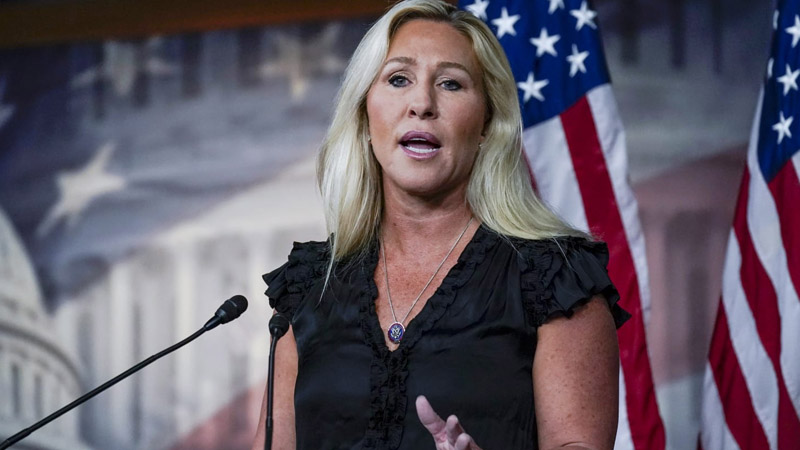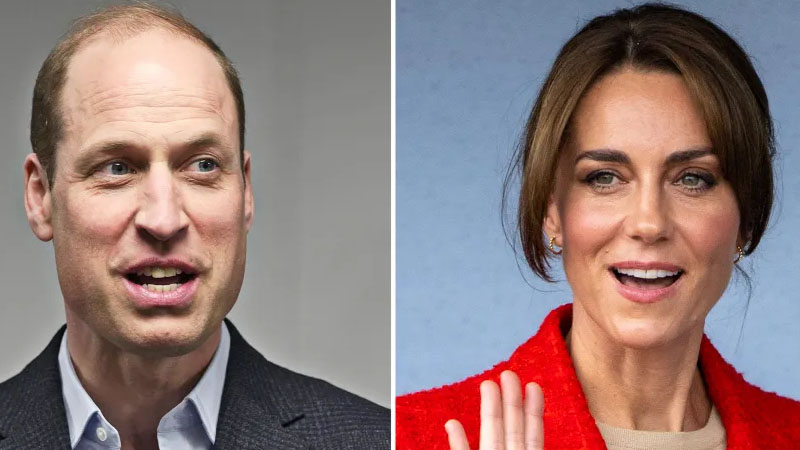Prince Harry faces ‘serious’ legal trouble after GMA interview

( Image: Apple + TV)
Prince Harry has found himself at the center of a legal quandary following revelations in a recent interview about his contemplation of acquiring American citizenship. During a conversation with Will Reeves on “Good Morning America,” the Duke of Sussex disclosed that he has been considering the possibility of becoming a U.S. citizen since relocating to California four years ago.
This admission has prompted The Heritage Foundation, a conservative organization based in the United States, to call upon the Department of Homeland Security (DHS) to disclose Prince Harry’s immigration records. The group is particularly interested in Harry’s response to a question on the visa application form that inquires whether the applicant has ever been involved in drug abuse or addiction.
The inquiry stems from Prince Harry’s candid discussions in his memoir “Spare,” where he openly shared his past experiences with substances such as cocaine, marijuana, and psychedelic mushrooms. These revelations have raised questions about the integrity of his visa application process, specifically whether he acknowledged his drug use when applying to enter the United States.
“If he is thinking of applying for citizenship, then having his visa revoked would be a disaster.”
An immigration lawyer, speaking with the Daily Mail, highlighted the potential gravity of the situation for Prince Harry. The lawyer explained that if Prince Harry failed to affirmatively answer the drug use question on his visa application, his visa status could come under scrutiny, with the possibility of it being revoked.
The Heritage Foundation is speculating that Prince Harry might have received a waiver for his admission of drug use, which would have allowed him to bypass the standard prohibitions against individuals with such histories. The organization is keen to uncover who might have authorized such a waiver, suggesting preferential treatment.
However, the DHS has rebuffed the foundation’s request for Prince Harry’s immigration records, citing concerns over privacy invasion. This denial has only fueled further speculation and debate over the potential implications of Prince Harry’s admissions and the transparency of the immigration process for high-profile individuals.
The unfolding situation underscores the complexities and sensitivities surrounding immigration procedures, especially when they involve public figures with disclosed histories of substance use. As the case develops, it raises broader questions about privacy, public interest, and the criteria for immigration and citizenship in the United States.


